 Welcome
Welcome
“May all be happy, may all be healed, may all be at peace and may no one ever suffer."
Angina

Angina is chest pain or discomfort that occurs when there is not enough blood flow and oxygen to the heart muscle. It is a common symptom of coronary artery disease (CAD), which is a condition that occurs when the arteries that supply blood to the heart become narrow or blocked due to the buildup of plaque.
There are two main types of angina: stable angina and unstable angina. Stable angina is a predictable pattern of chest pain that occurs during physical activity or stress and goes away with rest or medication. Unstable angina is a more serious type of angina that can occur at rest or with minimal exertion and may be a sign of an impending heart attack.
Treatment for angina depends on the underlying cause and may include lifestyle changes (such as exercise, a healthy diet, and stress management), medication (such as aspirin, nitrates, or beta blockers), or procedures (such as angioplasty or coronary artery bypass surgery).
If you are experiencing chest pain or discomfort, it's important to seek medical attention right away, as angina can be a symptom of a more serious condition such as a heart attack. Your doctor will perform a physical examination and possibly conduct tests such as an electrocardiogram (ECG), a stress test, or a coronary angiogram to diagnose the underlying cause of the angina and determine the best course of treatment.
Research Papers
Disease Signs and Symptoms
- Dizziness (vertigo)
- Stabbing pain instead of chest pressure
- Discomfort in left arm, jaw, neck, back or abdomen associated with chest pain
- Abdomen pain
- May be relieved by angina medication
- Usually happens when you're resting
- Heart attack
- May not disappear with rest or use of angina medication
- Is usually more severe and lasts longer than stable angina, maybe 30 minutes or longer
- Chest pain
- Develops when the heart works harder, such as when you exercise or climb stairs
- Excessive sweat
- Shortness of breath (dyspnea)
- Failing nausea
- Fatigue (Tiredness)
- Heart pain (Angina)
Disease Causes
Angina
Angina is caused by reduced blood flow to your heart muscle. Your blood carries oxygen, which your heart muscle needs to survive. When your heart muscle isn't getting enough oxygen, it causes a condition called ischemia.
The most common cause of reduced blood flow to your heart muscle is coronary artery disease (CAD). Your heart (coronary) arteries can become narrowed by fatty deposits called plaques. This is called atherosclerosis.
During times of low oxygen demand — when you're resting, for example — your heart muscle may still be able to function on the reduced amount of blood flow without triggering angina symptoms. But when you increase the demand for oxygen, such as when you exercise, angina can result.
- Stable angina. Stable angina is usually triggered by physical activity. When you climb stairs, exercise or walk, your heart demands more blood, but narrowed arteries slow down blood flow. Besides physical activity, other factors such as emotional stress, cold temperatures, heavy meals and smoking also can narrow arteries and trigger angina.
- Unstable angina. If fatty deposits (plaques) in a blood vessel rupture or a blood clot forms, it can quickly block or reduce flow through a narrowed artery. This can suddenly and severely decrease blood flow to your heart muscle. Unstable angina can also be caused by blood clots that block or partially block your heart's blood vessels.
- Unstable angina worsens and isn't relieved by rest or your usual medications. If the blood flow doesn't improve, your heart is starved of oxygen and a heart attack occurs. Unstable angina is dangerous and requires emergency treatment.
- Prinzmetal's angina. This type of angina is caused by a sudden spasm in a coronary artery, which temporarily narrows the artery. This narrowing reduces blood flow to your heart, causing severe chest pain. Prinzmetal's angina most often occurs at rest, typically overnight. Attacks tend to occur in clusters. Emotional stress, smoking, medications that tighten blood vessels (such as some migraine drugs) and use of the illegal drug cocaine may trigger Prinzmetal's angina.
Disease Prevents
Angina
You can help prevent angina by making the same lifestyle changes that might improve your symptoms if you already have angina. These include:
- Quitting smoking.
- Monitoring and controlling other health conditions, such as high blood pressure, high cholesterol and diabetes.
- Eating a healthy diet and maintaining a healthy weight.
- Increasing your physical activity after you get your doctor's OK. Aim for 150 minutes of moderate activity each week. Plus, it's recommended that you get 10 minutes of strength training twice a week and to stretch three times a week for five to 10 minutes each time.
- Reducing your stress level.
- Limiting alcohol consumption to two drinks or fewer a day for men, and one drink a day or less for women.
- Getting an annual flu shot to avoid heart complications from the virus.
Disease Treatments
There are many options for angina treatment, including lifestyle changes, medications, angioplasty and stenting, or coronary bypass surgery. The goals of treatment are to reduce the frequency and severity of your symptoms and to lower your risk of a heart attack and death.
However, if you have unstable angina or angina pain that's different from what you usually have, such as occurring when you're at rest, you need immediate treatment in a hospital.
Medications
If lifestyle changes alone don't help your angina, you may need to take medications. These may include:
- Nitrates. Nitrates are often used to treat angina. Nitrates relax and widen your blood vessels, allowing more blood to flow to your heart muscle. You might take a nitrate when you have angina-related chest discomfort, before doing something that normally triggers angina (such as physical exertion) or on a long-term preventive basis. The most common form of nitrate used to treat angina is nitroglycerin tablets, which you put under your tongue.
- Aspirin. Aspirin reduces the ability of your blood to clot, making it easier for blood to flow through narrowed heart arteries. Preventing blood clots can also reduce your risk of a heart attack. But don't start taking a daily aspirin without talking to your doctor first.
- Clot-preventing drugs. Certain medications such as clopidogrel (Plavix), prasugrel (Effient) and ticagrelor (Brilinta) can help prevent blood clots from forming by making your blood platelets less likely to stick together. One of these medications may be recommended if you can't take aspirin.
- Beta blockers. Beta blockers work by blocking the effects of the hormone epinephrine, also known as adrenaline. As a result, the heart beats more slowly and with less force, thereby reducing blood pressure. Beta blockers also help blood vessels relax and open up to improve blood flow, thus reducing or preventing angina.
- Statins. Statins are drugs used to lower blood cholesterol. They work by blocking a substance your body needs to make cholesterol. They may also help your body reabsorb cholesterol that has accumulated in plaques in your artery walls, helping prevent further blockage in your blood vessels. Statins also have many other beneficial effects on your heart arteries.
- Calcium channel blockers. Calcium channel blockers, also called calcium antagonists, relax and widen blood vessels by affecting the muscle cells in the arterial walls. This increases blood flow in your heart, reducing or preventing angina.
- Blood pressure-lowering medications. If you have high blood pressure, diabetes, signs of heart failure or chronic kidney disease, your doctor will likely prescribe a medication to lower your blood pressure. There are two main classes of drugs to treat blood pressure: angiotensin-converting enzyme (ACE) inhibitors or angiotensin II receptor blockers (ARBs).
- Ranolazine (Ranexa). Ranexa can be used alone or with other angina medications, such as calcium channel blockers, beta blockers or nitroglycerin.
Medical procedures and surgery
Lifestyle changes and medications are frequently used to treat stable angina. But medical procedures such as angioplasty, stenting and coronary artery bypass surgery may also be used to treat angina.
- Angioplasty and stenting. During an angioplasty — also called a percutaneous coronary intervention (PCI) — a tiny balloon is inserted into your narrowed artery. The balloon is inflated to widen the artery, and then a small wire mesh coil (stent) is usually inserted to keep the artery open.
- This procedure improves blood flow in your heart, reducing or eliminating angina. Angioplasty and stenting is a good treatment option if you have unstable angina or if lifestyle changes and medications don't effectively treat your chronic, stable angina.
- Coronary artery bypass surgery. During coronary artery bypass surgery, a vein or artery from somewhere else in your body is used to bypass a blocked or narrowed heart artery. Bypass surgery increases blood flow to your heart and reduces or eliminates angina. It's a treatment option for both unstable angina as well as stable angina that has not responded to other treatments.
- External counterpulsation (ECP). With ECP, blood pressure-type cuffs are placed around the calves, thighs and pelvis to increase blood flow to the heart. ECP requires multiple treatment sessions. The American College of Cardiology, American Heart Association and other heart organizations say ECP may help reduce symptoms in people with refractory angina.
Disease Diagnoses
Disease Allopathic Generics
Disease Ayurvedic Generics
Disease Homeopathic Generics
Disease yoga
Angina and Learn More about Diseases
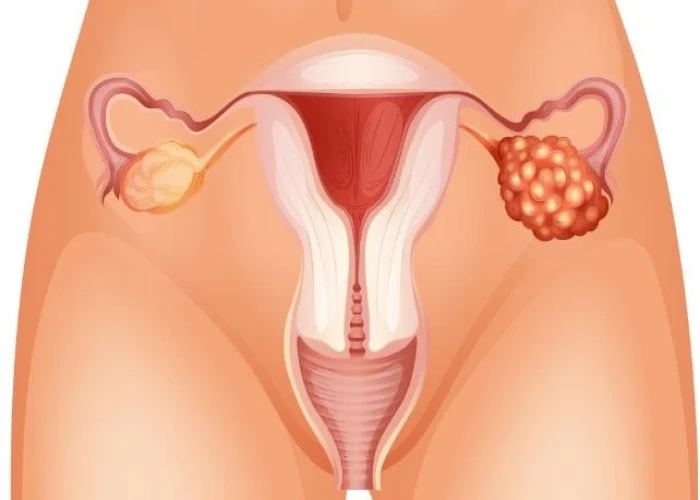
Ovarian cancer

Premature birth
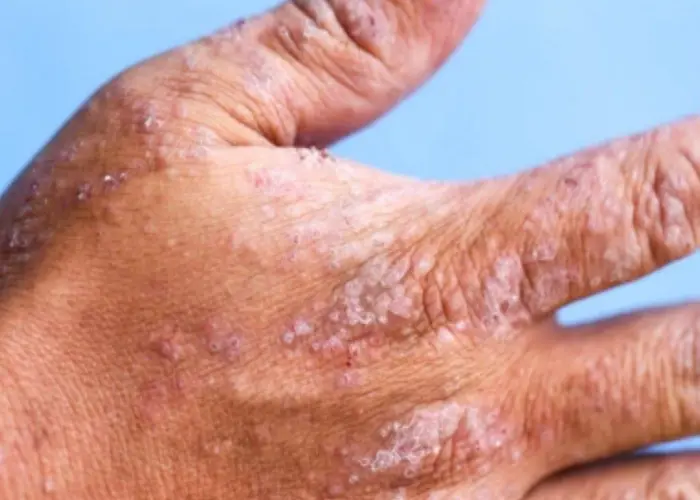
Contact dermatitis
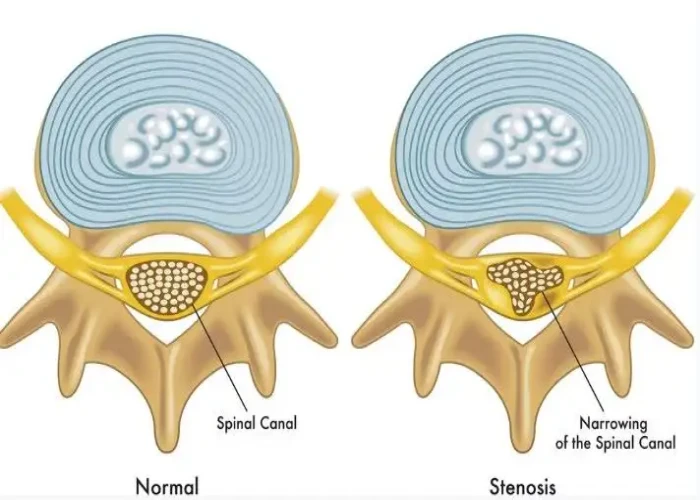
Spinal stenosis

Essential tremor
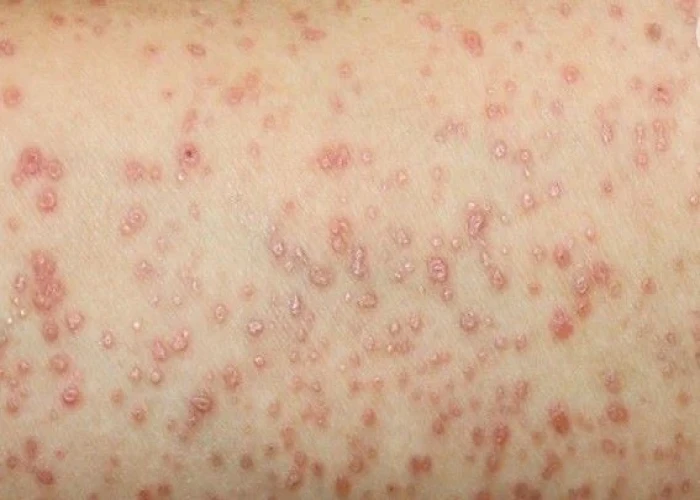
Lichen planus

Niemann-Pick
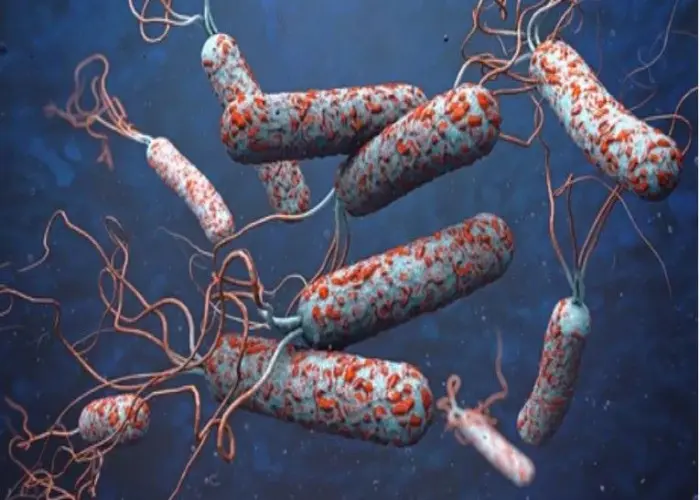
Cholera
Angina, Anginosa, Angina pectoris, Unstable angina, Stable angina, এনজিনা
To be happy, beautiful, healthy, wealthy, hale and long-lived stay with DM3S.
